This floating garbage patch is difficult to interpret, both ways. The Japanese are terrible at English. The US Foreign Service Institute ranks Japanese at the top alongside Arabic and Chinese in learning difficulty. Despite the internet cross-cultural interactions are sporatic, selective, and decidedly one-sided. The english wikipedia pages for japanese pornstars are generally 4 to 5 times more comprehensive than former prime ministers. I know a co-worker who wore a kevlar vest to war-torn Australia as a tourist citing the dangers in their head. I know a friend who thought "gaijin" was some heinous slur. Did you know Japan is 71st on Reporters without Borders' press freedom rankings?
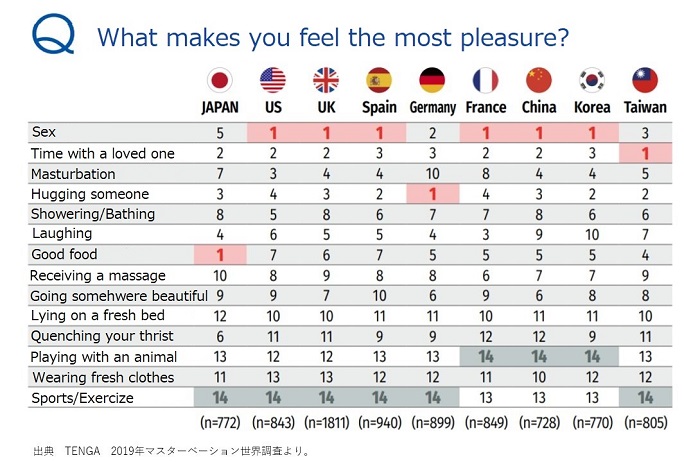 What do you know about that floating rock bobbing over there in the pacific? It's a question as disingenuous as asking about Serbian or Latvian culture, only their soft power is a fraction. That contradiction is what gets me, the signal to noise ratio of a place that ostensibly exists and has internet access. You'd think it's a fragment of North Korea that has broken off and drifted east by the selectively translated headlines that float your way, always this heaven or hell ordeal of terrible or great information both presented without context. Praise is naive and embarrassing, the (often left-wing) criticism follows the same essentialist framework as lobster-obsessed tradwife-sacralizing ketosis enthusiasts.
What do you know about that floating rock bobbing over there in the pacific? It's a question as disingenuous as asking about Serbian or Latvian culture, only their soft power is a fraction. That contradiction is what gets me, the signal to noise ratio of a place that ostensibly exists and has internet access. You'd think it's a fragment of North Korea that has broken off and drifted east by the selectively translated headlines that float your way, always this heaven or hell ordeal of terrible or great information both presented without context. Praise is naive and embarrassing, the (often left-wing) criticism follows the same essentialist framework as lobster-obsessed tradwife-sacralizing ketosis enthusiasts.
Any English cultural studies or sociology paper on Japan always includes the inevitable preamble of "overseas consensus is generally incorrect" phrased diplomatically. Sometimes journals on some horrible social phenomenon concludes with the author insisting that Christianity is what Japan needs, something that would get a better reception within an ISIS sleeper cell. From NEETs to suicide to racism it's remarkable to see how vague outsider inferences about how Japan operates are always exclusively metropolitan, right-wing perspectives about working and living. Countryside, non-Tokyo, over-30, and sub-$50,000 income perspectives have never precipitated overseas presumably because it's not interesting. The staggeringly unflattering characterizations you hear often of an ultimately unknowable, proudly racist group of hierarchy-obsessed insects only really applies to flag-waving 50-somethings, the sort of people who say colonialism didn't happen but if it did, it would've been epic. It's a remarkably successful rebranding on their part, to have outsiders graciously accept their worldview.
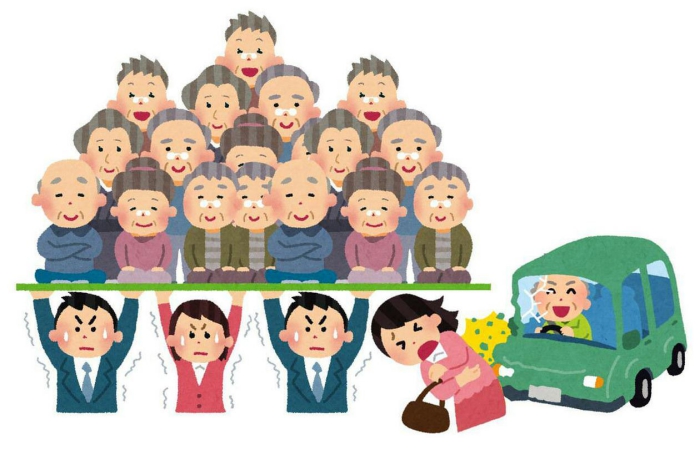
People are people, and that fact seems to shock people in expecting transcendental differences in culture. Us Americans in particular are obsessed with some essentialist perspective on why people from different countries dare to act differently than them. Always eager to pin the cause on some static, isolated, and unquestionable characteristic like culture or genetics. If I went to cursedimages and held up any one of the posts as a fragment of American culture I'd be slotted by a bystander. For example Japan's suicide rate is far from #1 in the world and had been trending downwards from the 90's, their staggeringly low birthrate is higher than Italy's. Yet Japan is the typifing example for both social ills because stereotypes don't catch up.

The more I live here, the more I see people conforming not to familial obligations or blind hierarchal subserviece, but the current economic reality. Japan is a country in decline. Complacency and naievety are valid criticisms towards the people I meet but the state's active libido for austerity really underpins the sort of rational choices normal Japanese people are choosing to make these days. Of course you can't have children when you're making $30,000 a year. Of course relationships are off the table when you have to work 70 hour weeks to make that pittance. the lol unsex islanders becomes a lot less interesting when you see figure after figure of downward median income trajectories and spiking consumer tax rates so depressing they'll wipe your libido clean. Remember when LOL THEY WORK AT THE SAME COMPANY FOR LIFE was a point of unfathomable derision? Now the majority of people work zero-hour contracts without the security, pension, or healthcare exemptions of a crushing full-time office job.
Here's some bullet-proof trivia that I've read over the years.

- Petty crime does not exist
- The country is spotless, no litter to be found
- Sleeping on the job is a revered sign of hard work
- competitive schools advertise by their students' suicide rates
- Karoshi happens due to the cultural "honor" of working
- Japan imports most of their water
- Mother-son incest is a common occurence
- There's hordes of king of the hill fans
- outstanding loans are forgiven if ignored
- The age of consent is 13
- 90% of people are lactose intolerant
- Adderall use is encouraged at work
- Japan is an ethnostate
- houses in the countryside are free
- people keep house centipedes as pets
- beauty standards emmanate from anime
- the japanese don't like the xbox because they're racist
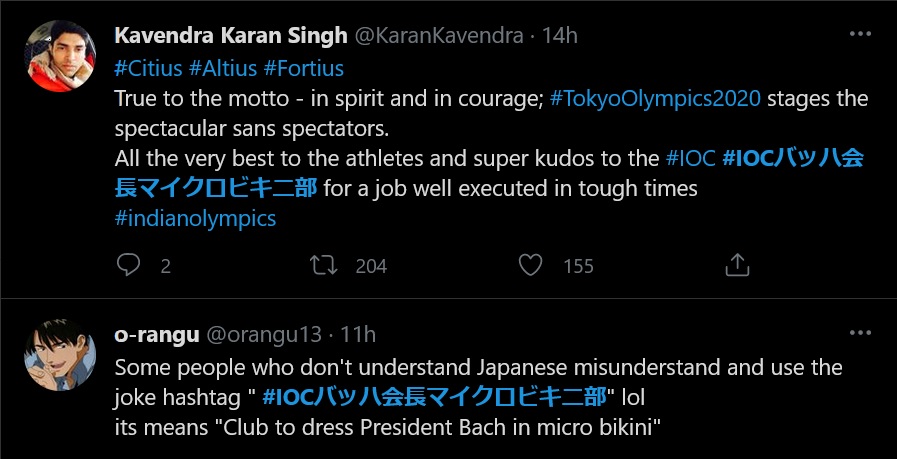 Written 4/6/2019
back to top ⤴
Written 4/6/2019
back to top ⤴
We were all Americans in a progressive state that prided themselves over pluralism. Yet growing up in Irvine, California I saw a very distinct cultural divide between first-generation kids. Some kids closely to their household's repetitions and they balanced both aspects of their identity, the inside and outside, as if it was the natural order. Kids bathing in post-9/11 media came home to carpeted multi-generational households, not because they chose to but because a family-centric self-image seems like an inevitable fact of life. Because children are obliviously vicious to one another they might receive flak because of those differences but what can they do? Others seemed eager to embody America wholly, whether it was a gradual conclusion or a calculated decision molded by those social pressures. Parental influence met with indifference or conscious resistance. The Korean-American kids in particular exhibited this divide with shocking polarity. Parents were either a source of perpetual embarassment, people to hide away, or just their parents. Lunch contents signalled homogeny or exclusion.
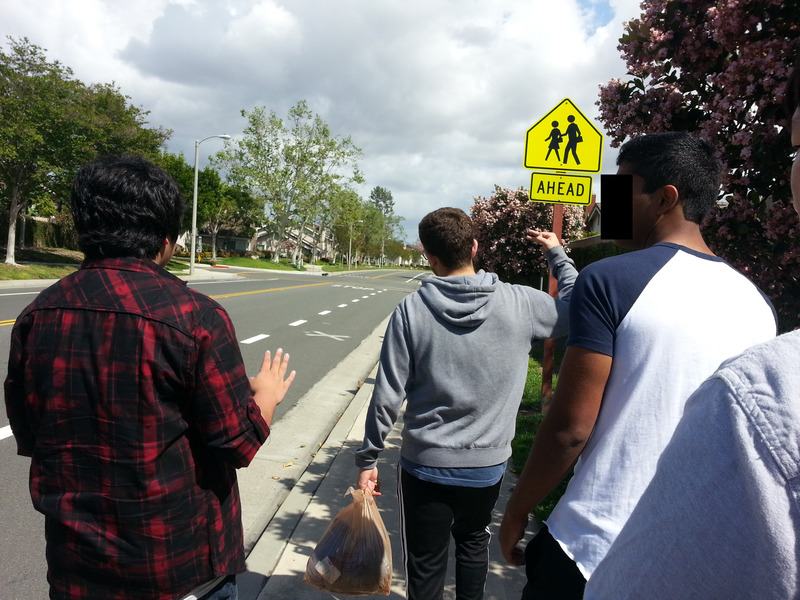
I went through some mixed experiences. I remember begging my mom not to make riceballs because it outed me as an "other," an anomaly at lunchtime. I hated the parent-teacher conferences because I had to be their intermediary. I remember the mixed emotions as the teacher would complement me on my English. All these inheritances I had no control over seemed to divorce me from an American identity others have never had to question.
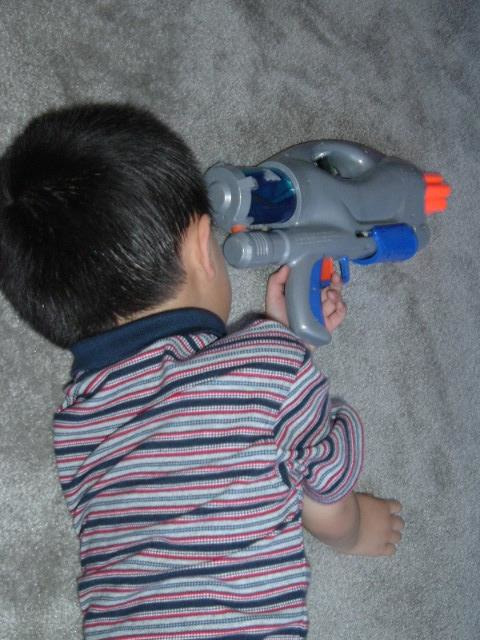
But my sense of identity is inseperable from my self-image, imbedded into my outward appearance. While your ethnicity doesn't entitle you to anything initial perceptions about you are everlasting. For those who subscribe to a particular conception of American society, I will always look like an "other," not just a demographic anomaly but one with some inherent cultural rift.
And honestly, I just didn't want to think about whether or not I was included in those worldviews. I'm an American with some knowledge of another culture. Is that so incompatible with a country that prides itself on cultural pluralism?
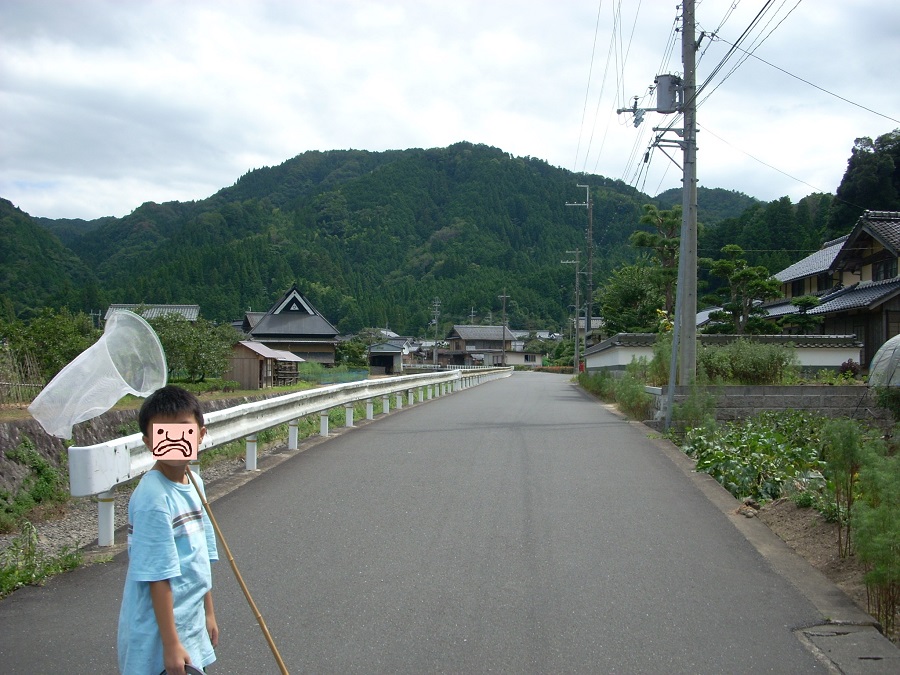
That's me. Looking back I was tremendously priviledged to experience the stereotypical Japanese childhood. I caught bugs in rural Kyoto, ran errands by myself in Saitama. All the festivals and museums in Tokyo didn't lend itself an air of tourism, I was home. Grandma's decrepit old house was as valid as the Pasadena apartment with the popcorn ceiling.
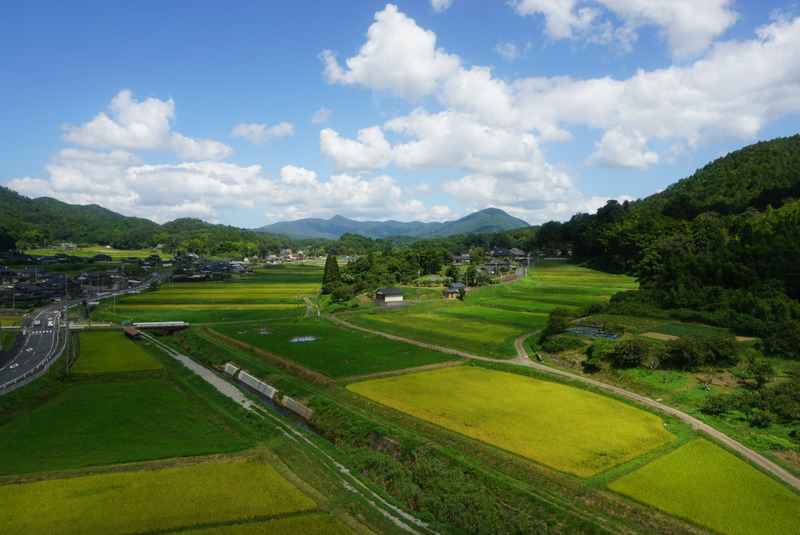
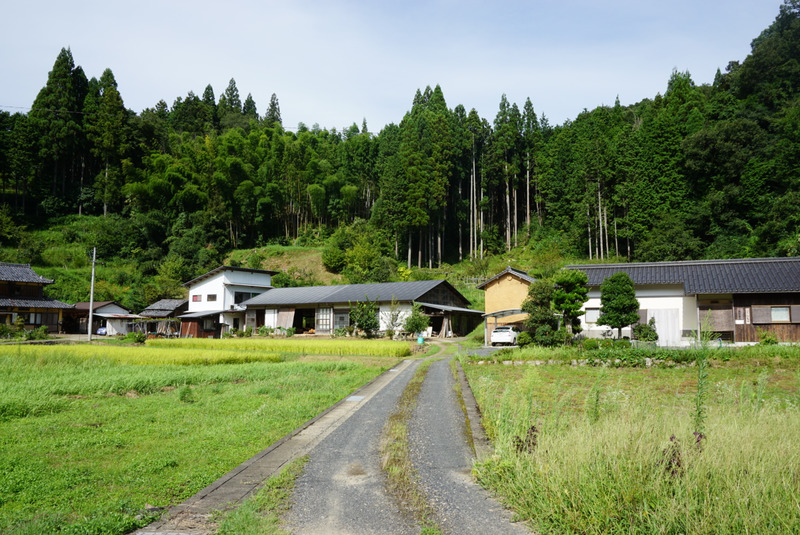
And yet I've always retained a creeping discomfort with Japanese culture. The social indifference, the distant intrapersonal relationships, the zero-sum heirarchies. Factors fundamentally incompatible with American values really clashed with my polarized view of each culture. Within this worldview I again delusionally framed myself as just an American with some extra knowledge, something I always knew didn't stack up. Too American to be Japanese, too Japanese to be American.
I read Redefining Japaneseness by Sociologist Jane Yamashiro while in college, and it drove home a variety of amorphous feelings I've accumulated with depressing conviction. It outlined various Japanese-Americans who had gone to Japan, and recorded their thoughts about their experiences struggling or slipping through the language barrier. From being thought of as hearing impaired to autistic, the book proved to me that the hermaphroditic identity of Japanese-Americans is incompatible with the nationhood binaries of Japan. Fittingly, the term "diaspora" was always escorted in quotes. And their experiences of incongruency in the US too, mirrored mine. Ethnicity doesn't entitle you to anything, but it always manages to bring along baggage. And that's all it's about, trying to reconcile the connotations that something as inseparable as your appearance emmanates, conflicting with your own sense of autonomy. An inheritance that looms over no matter who you think you are. Getting told "my parents fucking hate you guys" by a Fillipino-American classmate born in SF is part of the experience.
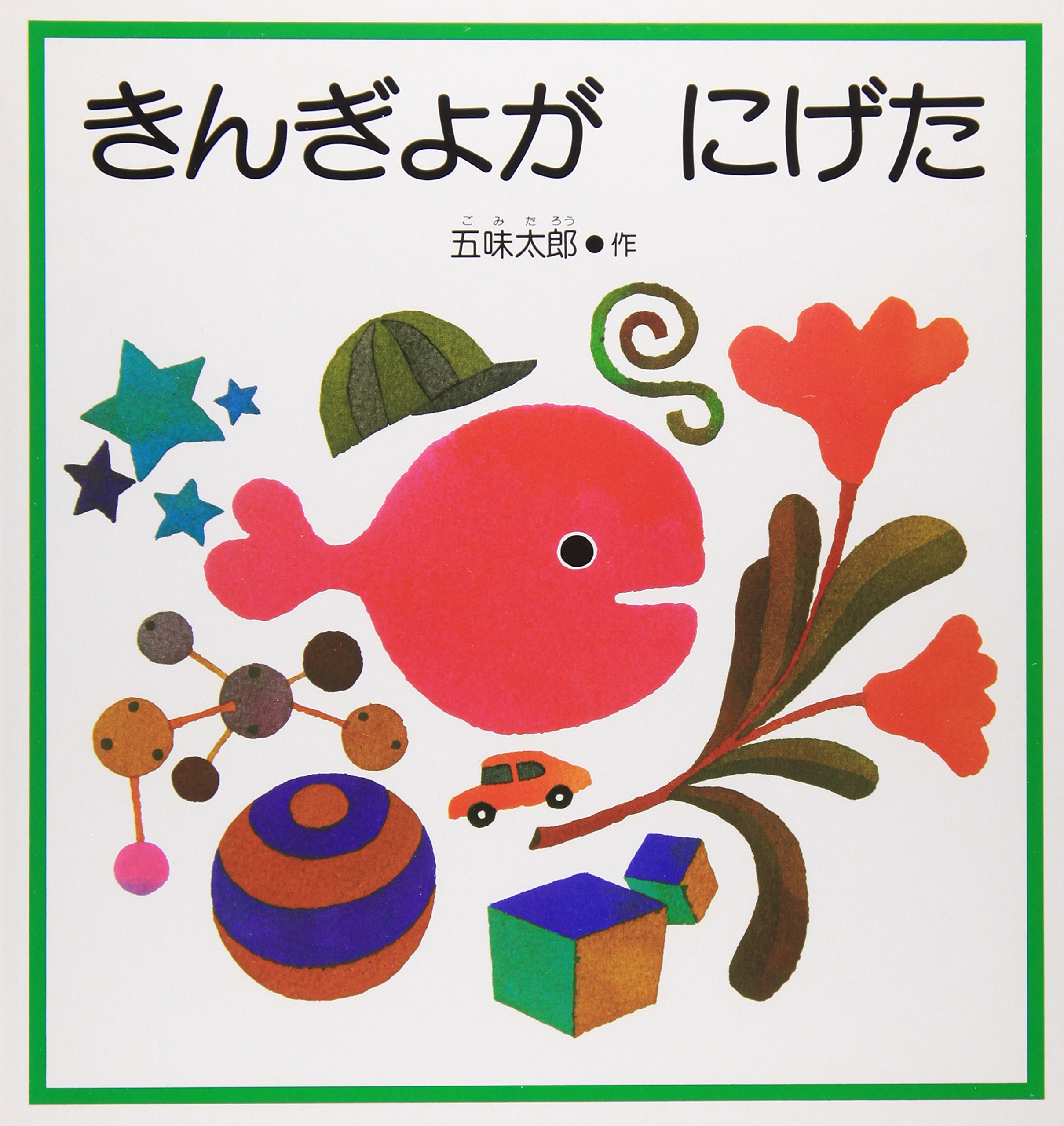
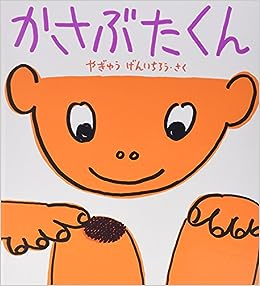
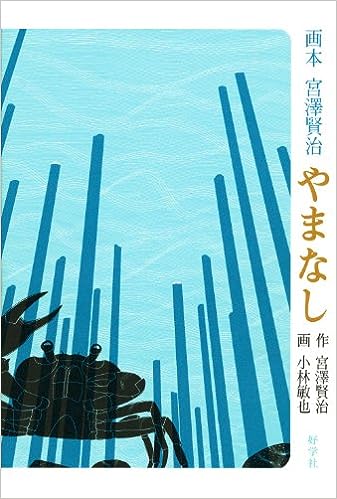
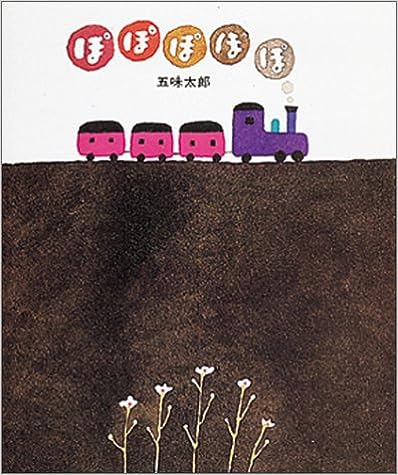
Identity is far beyond just your appearance, citizenship, or language fluency. Yet my own experiences as a bilingual ambiguity didn't hand me a convenient answer. I tried to reap the benefits of both identities but found neither country knew what to do with me.
Novels by Maxine Hong Kingston and Ami Tan were the catalyst for this realization. My preconceived notions labelled anything pertaining to identity as trite and external to me, they were for people who haven't made up their mind yet. But their deeply personal stories about dissonance, inheritance, and assimilation resonated with me. I was right, I haven't made up my mind yet.
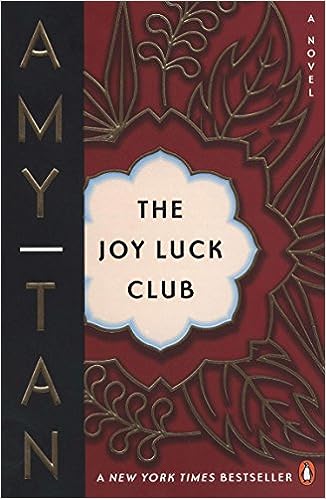
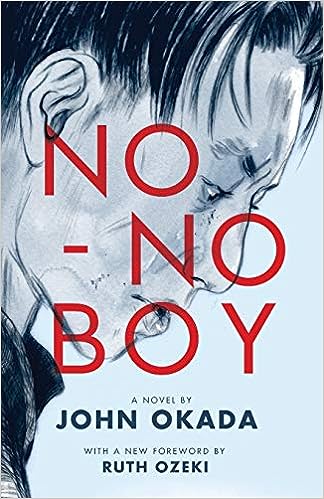
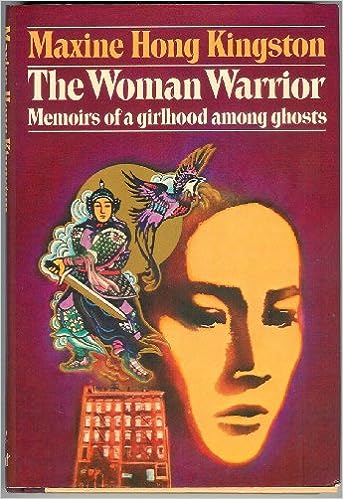
It sounds good to puff your chest out and proclaim that all of this doesn't matter. Your self-worth is independent of all other factors. What people think will always be in the periphery, refuse to become a victim. But unfortunately you will perenially lack that reassurance in knowing there's always a populace of people just like you. In another life I would've probably become a right-wing ethnonationalist flying LGBT black sun flags or whatever. It's reassuring to have that sort of inherent membership to a community, unbroken by proximity and time. But when your existence itself delineates conventional notions about citizenship, ethnicity, and nationality, then those cracks are often far too wide to reconcile with.
4/7/2019
Ultimately these conclusions are from a past self, priming that's been painted over dozens of times now. In-person you go on to meet dozens, hundreds of people scattered all over the globe and you realize that lofty ideas like national self-image is secondary to eating, shitting, and making rent. You cultivate the ability to roll your eyes at assigned identities and accept that mankind already blew past syphilitic men engaging their pastoral states into having a big ethnontribal romp. I'd like to think it extends beyond anhedonia or some cultivated illiteracy. I'd love for people to finally join their imagined communities but satiation under those parameters probably neccessitates a heavy obliviousness as a prerequesite - the kind unendingly impressed by having neighbors who won't meet eyes but vaguely resembles them. the kind that doesn't elicit these furious, spurious thoughts.
8/24/2025
back to top ⤴